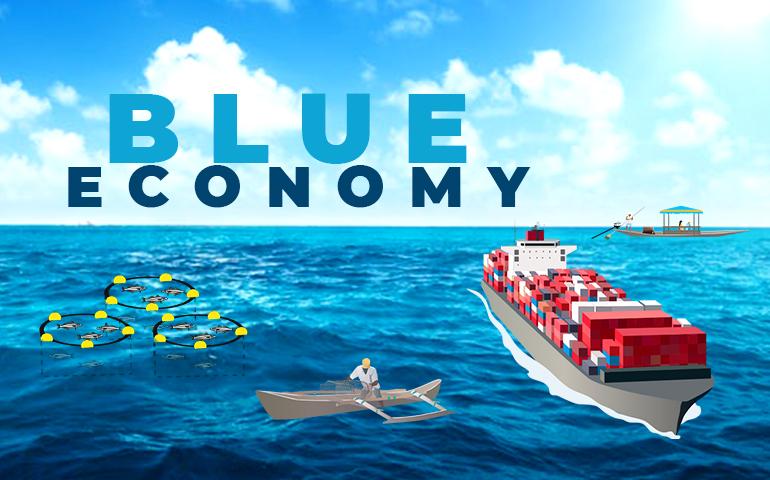Africa Centre of Excellence in Coastal Resilience |  University of Cape Coast
University of Cape Coast

Development Challenges
Blue economy in the light of research activities of ACECoR is the sustainable use and conservation of all coastal resources. It aims at sustainably deriving maximum benefits from these resources to promote economic growth and social progress while protecting the environment. All coastal resources require proper management to ensure their efficient use. On the contrary, this is wanting in most African countries, leading to over-exploitation of coastal resources. The lack of occupational diversity, leading to over-dependence on some few coastal resources is also a contributing factor. These, compounded with the impacts of inadequate management of liquid and solid waste from coastal communities, businesses and other activities have exacerbated the situation. Significantly causing economic losses in fisheries, tourism and other coastal business as well as threatening food security and biodiversity. Individuals and communities have also been ripped off their livelihoods, adding them to the poverty crowd and making them vulnerable to some harsh coastal conditions.
It is therefore necessary to explore issues relating to coastal solid and liquid waste management. With much focus on circular economy and social aspect of waste management, it is essential to understand the current situation as well as identifying economic opportunities. Equally important, is the need to build the financial capacities of coastal communities through diversified livelihoods to build their resilient in the wake of declining coastal resources. This is aimed at reducing the impact of waste on coastal resources and poverty.
Other aspects of these areas to be explored are legal and policy frameworks on waste management as well as equal opportunities for women and the vulnerable in coastal societies.
Objectives
- To characterize and quantify coastal waste in the sub-region
- To identify waste sources and drivers in coastal areas of the sub-region
- To assess the economic and social impacts of poor waste management
- To explore opportunities for circular economy within the waste management sector (recycling & upcycling)
- To explore prospects for underutilized fisheries and aquaculture resources
- To explore opportunities for sustainable mineral (salt & sand) mining and mangrove harvesting
- To explore livelihood opportunities along coastal resources value chains
- To evaluate existing legislation and frameworks that support waste management and livelihoods activities along the coast
Research Areas
- Blue Waste Management
- Blue Livelihoods
Expected Outcomes
- Coastal wastes characterized and quantified
- Waste sources and drivers identified
- Economic and social impacts of waste identified
- Opportunities for circular economy identified
- Underutilized fisheries and aquaculture resources identified and opportunities explored
- Sustainable mineral and mangrove exploitation opportunities explored
- Livelihood opportunities along coastal resources value chains identified

